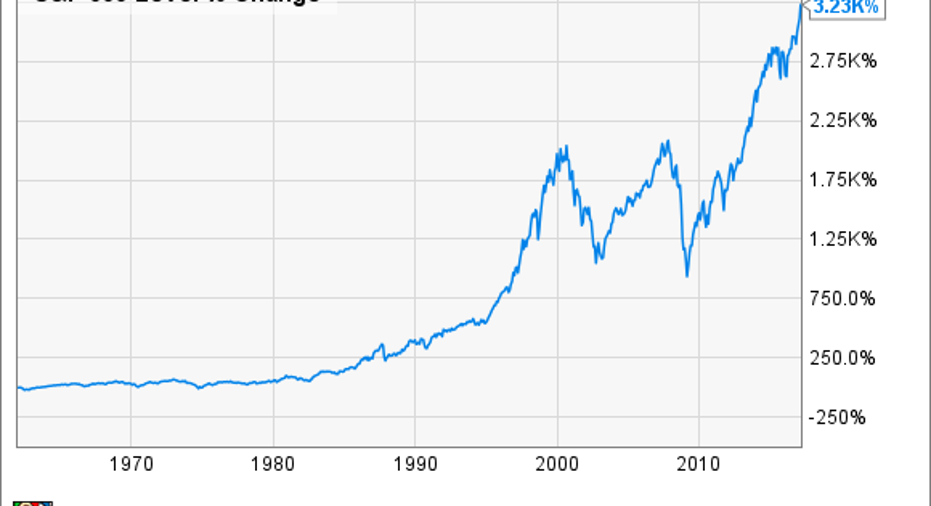Are You Nervous About the Stock Market? Here's What to Do

The market's up. The market's down! Inflation is on the rise, and so are interest rates. This country's leaving that union, and that country voted for so-and-so.
There's a lot for everyday investors to take in, especially when they're trading against algorithms and high-frequency trading computers.So what can investors do to avoid becoming overwhelmed and paralyzed by fear or indecision?
Let's go over a few simple investing techniques that can not only take a lot of the stress out of investing, but also enhance your returns andreduce your risk.
Take these simple steps, then kick back and let your money work for you. Image source: Getty Images.
Buy and hold -- and start now
Because of inflation and earning potential, a sum of money today has more value than that same amount of money tomorrow. Therefore the saying that patience is a virtue doesn't apply to saving and investing. So rather than fretting about whether or not it's a good time to buy stocks, make things easy on yourself and start investingnow. The stock market experiences dips (and even crashes), but over the long term, it has made tremendous gains.
Time is the most powerful tool at your disposal. The sooner you invest, the more growth you're likely to enjoy.So if you have some money to invest, start today -- and look for investments you can hold for years or decades. Studies consistently show that time in the market beats timing the market.
Dollar-cost average
Dollar-cost averaging is the strategy of buying a fixed dollar amount of an investment (or any number of investments) at regular intervals -- perhaps once per month or once per quarter -- regardless of the investment's current price. The average price you pay for the investment will decrease over timebecause when the dollar amount you invest remains fixed, you'll automatically buymore shares when prices are lower and fewer shares when prices are higher. You can simply set yourself a reminder to execute this strategy.
Granted, investing a lump sum of money now tends to yield higher returns than spreading that investment out over the course of months -- again, because money you invest now will have more time to grow. However, you won't always have a big chunk of cash ready to invest, anddollar-cost averaging consistently beats trying to time the market. Dollar-cost averaging keeps you investing regularly, removes the guesswork and stress of trying to time the market, and smooths out your long-term investing returns.
Buy index funds
Index funds are mutual funds or exchange-traded funds (ETFs) that seek to mirror the performance of a stock market index by purchasing all the stocks in that index, in the same proportions. Because they hold such a wide variety of stocks, index funds grant you instant diversification, which can protect your portfolio from major losses when a particular industry or asset class is suffering. For example, the Vanguard S&P 500 ETF(NYSEMKT: VOO) tracks the S&P 500 index, which is a good representation of the entire U.S. stock market.
On top of that, index funds tend to charge extremely low fees, because they don't need to pay professional stock-pickers to scour the market for winning investments. If you can't beat the market -- and most individual investors can't -- you might as well join in on its gains, which have historically been pretty great.
For everyday investors, these investment strategies can take a lot of the effort and stress out of investing so you can sit back, relax, and watch your money work for you. Geopolitical events and macroeconomic trends won't affect an investor with a solid long-term investment strategy as harshly as an investor who bases every investment decision on the latest crawl on their computer screen.
10 stocks we like better thanWal-MartWhen investing geniuses David and TomGardner have a stock tip, it can pay to listen. After all, the newsletter theyhave run for over a decade, the Motley Fool Stock Advisor, has tripled the market.*
David and Tomjust revealed what they believe are theten best stocksfor investors to buy right now... and Wal-Mart wasn't one of them! That's right -- theythink these 10 stocks are even better buys.
Click hereto learn about these picks!
*StockAdvisor returns as of December 12, 2016The author(s) may have a position in any stocks mentioned.
The Motley Fool has a disclosure policy.



















